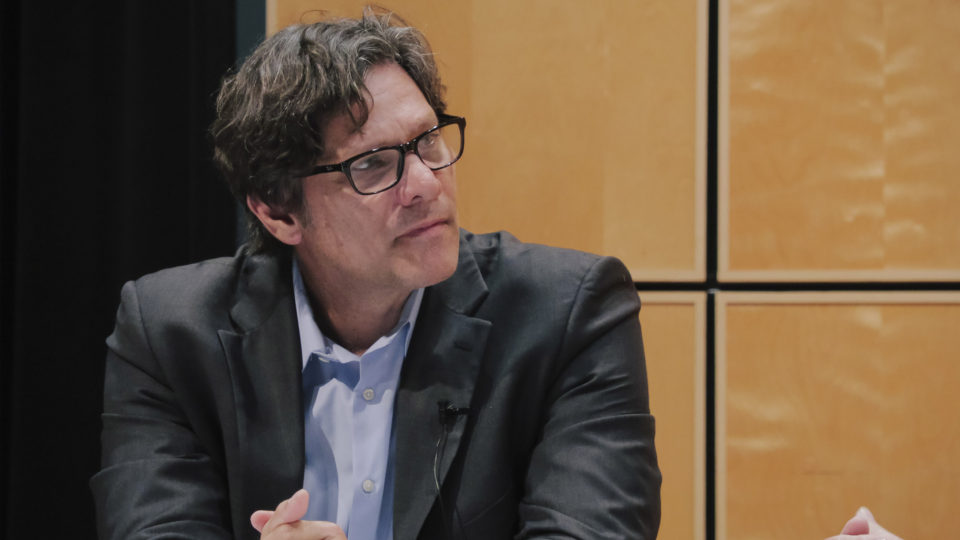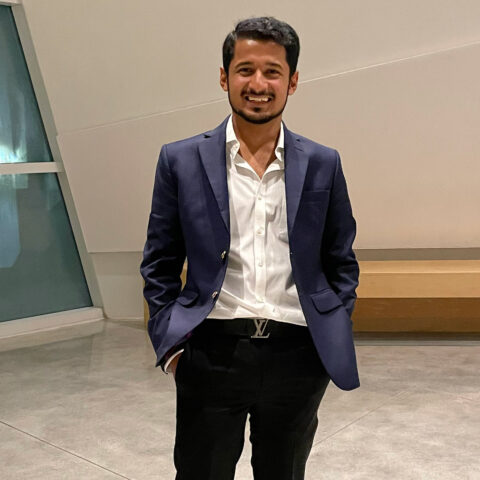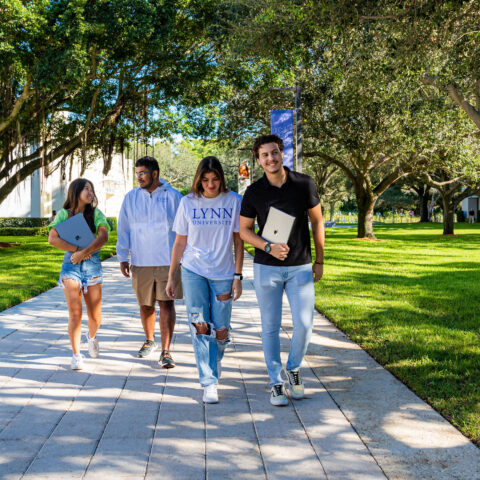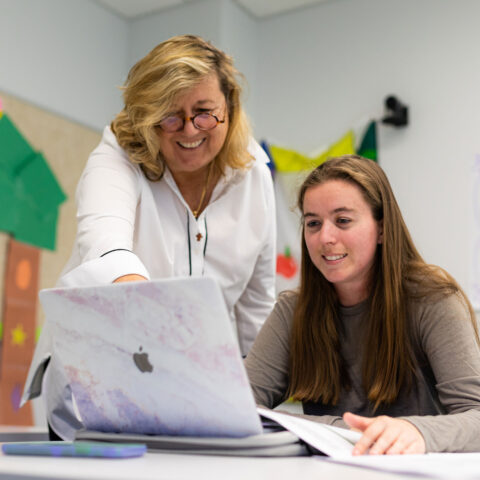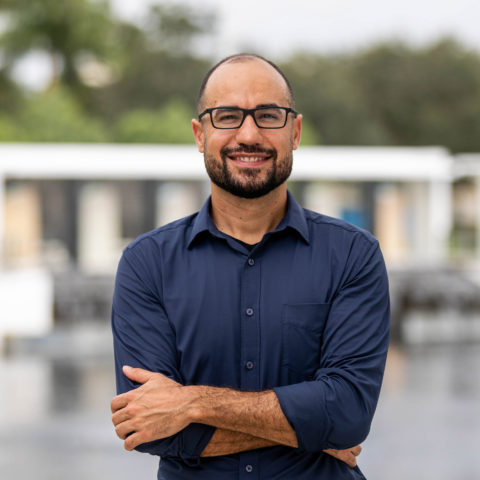Robert Watson is a professor and coordinator of the American Studies program in the College of Arts and Sciences. He also is a prolific author and widely known media commentator and community activist. He joined Lynn’s faculty in 2007 after teaching at other universities around the country for 15 years. He holds a B.S. from Virginia Tech, an M.P.A. from the University of West Florida and a Ph.D. from Florida Atlantic University. In 2010, he earned the Outstanding Teacher of the Year award, which is voted by undergraduate students.
Have you always been interested in history?
Yes. When I was a kid I grew up near Valley Forge and Gettysburg in Pennsylvania. Valley Forge was the pivotal moment in the Revolutionary War and Gettysburg for the Civil War. As a little kid I walked around the battlefields on weekends.
What do you enjoy most about teaching?
First, the students. I have future doctors, attorneys, business leaders, schoolteachers and many other professionals in my class. I have a responsibility to help them think critically, grow up and prepare for life and their careers. Second, I have the ability to do not just one job, but many other things. I write books, do a column for the newspaper, commentary for television and radio, convene town halls, and conduct workshops for schoolteachers.
By teaching and understanding students, I become a better writer because I know my audience. By writing, I become a better teacher because I am doing in-depth research and I can tell you many things about a certain event or war or leader. And through media commentary, I can share with you what is happening in the real world.
How would you describe your teaching style?
Informal. I think students learn best when they are at ease and they are having fun. If they have anxiety, they shut down and don’t concentrate. I love history, so I try to convey my passion in the classroom. I don’t just read out of the textbook. Instead, I like to make learning collaborative. I make my students debate, role-play, read real-world cases and get up in front of the class. I encourage questions.
If you could have dinner with three people, past or present, who would they be?
Harry Truman, Abraham Lincoln and Barack Obama. I’ve already told my wife when we go to heaven—I’m sure she’ll go and I’m pretty certain I will, too—she needs to speak to Mrs. Truman and Mrs. Lincoln, so I can have my hour with their husbands. I already have my questions ready. I’m going to tell them, since they were both hated during their presidency, “You guys aren’t going to believe it, but everyone loves you today.”
If you could give a few words of advice to students, what would they be?
Try everything. Get to know that student on campus from Asia or Africa. Join a club. Go see a theater show on campus. Read that book the teacher talked about in class. If there’s a teacher you like, go up, talk and ask for advice. In college, the best lessons are taught outside the classroom. It’s the experience of meeting new people and trying new things, spreading your wings.
The most successful people are not those who had a narrow focus; the most successful people are renaissance people who have a wealth of experiences, understand cultures and meet other people. You don’t want to be just a good worker, you want to be a good citizen. Experiences are what shape you, not just your classes.
